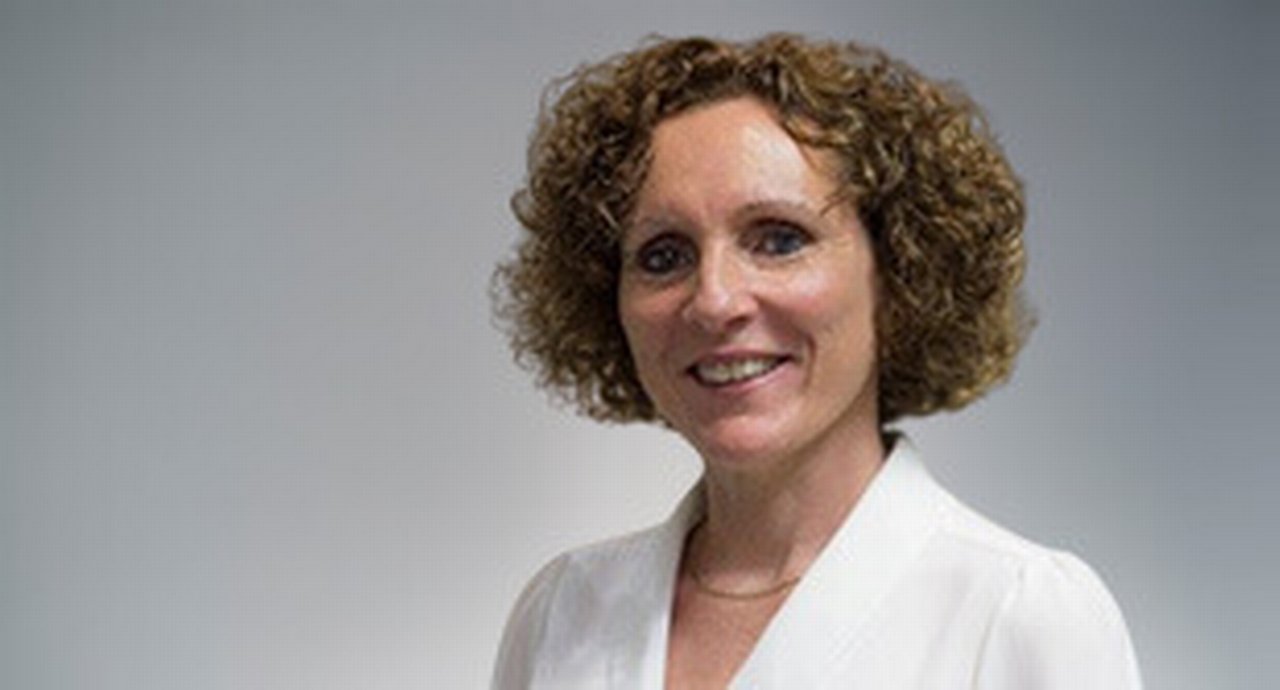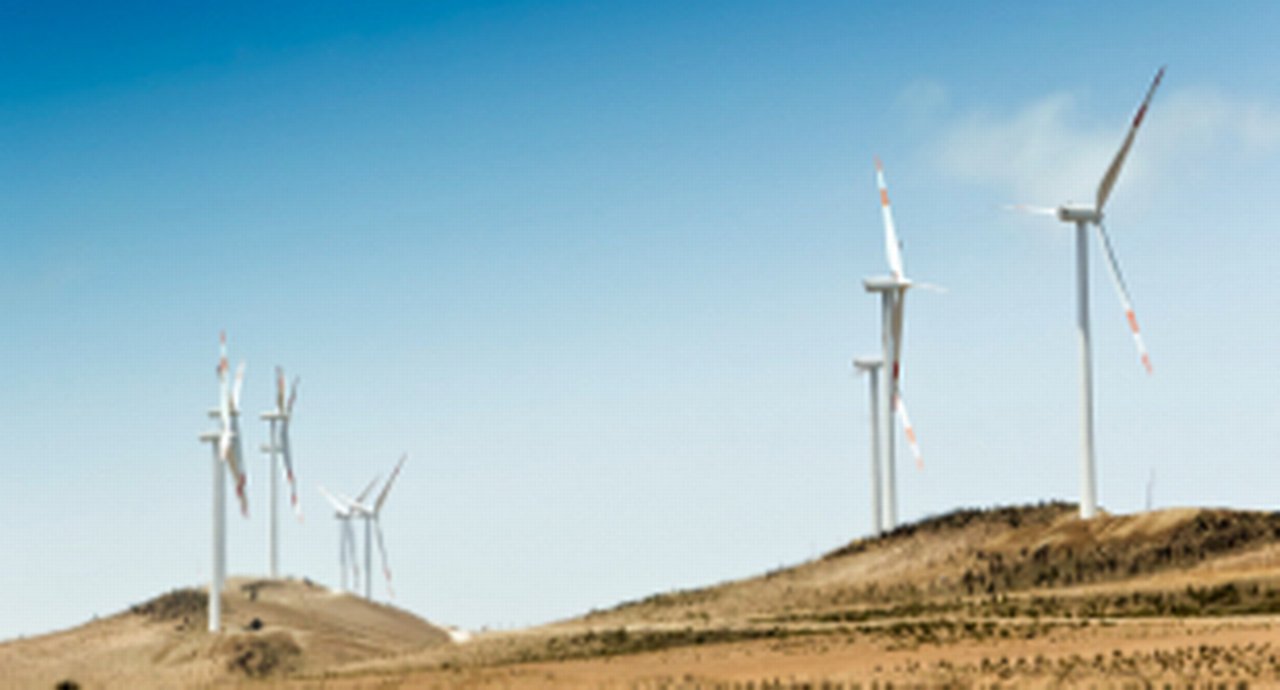June 2019
Trade economist Dr Rebecca Harding reflects on the US Exim Bank’s annual spring conference compared with the ICC Banking Commission event in Beijing and notes how polarised attitudes to trade have become and that is businesses that trade and not governments
It is fair to say that world trade is facing a few challenges at the moment. The language between the United States and China has become ever-more belligerent in the last few weeks, with both sides taking an increasingly nationalistic approach to the discussions on the future world of trade. This perpetuates uncertainty and as a result dampens investment. It also dampens world trade: the CPB’s World Trade Index suggests that world trade volumes have dropped back by over 4% since October 2018 putting its gains during the previous twelve months into a sharp reverse.
The US, although stepping back from increasing tariffs on automotives recently, is still taking an adversarial approach towards its trade negotiations with China, Japan, Europe and the UK. Its position across all of these conversations is almost identical: to protect US agriculture and manufacturing (particularly aerospace and cars), to ensure its cyber security and intellectual property, to enable greater access for investors to overseas markets, and to protect American exporters from any unfair currency manipulation by its overseas trade partners.
These discussions are about so much more than trade. They are about the future of the world’s trade and, indeed, foreign policy systems in a world where the nature of trade relations and power are changing because of the growing importance of digital technologies, the rise of China and the role of the US in a multipolar world.
Trade on the line
It is hard to understate the momentous nature of where we are at present. At stake is the future of the WTO as the provider of the rules and structures of trade. At stake is the way in which the technology, and particularly the internet of things, develops either together and multilaterally or apart, separated on East-West lines. And at stake is the way in which countries formulate both their economic and their foreign policies, and particularly their foreign relations with China and the United States.
This was put into stark contrast at two events in the Spring. First, US EXIM’s annual conference was a direct bid to demonstrate the importance of export credit agencies, and specifically EXIM, in supporting national security and prosperity. The speakers included military generals, members of Congress, thought leaders and, most importantly of all, the two men driving US trade policy at present: Larry Kudlow, the White House Chief Economic Advisor, and Peter Navarro, advisor to President Trump on trade policy and author of “Death by China.”
The tone was reflective of a general mood in Washington at present: trade is being weaponised and America needs to make sure that it has the right weapons to fight the battle against unfair trade practices. At risk, it was argued by the generals, is the capacity of the US to compete in global markets, but also to compete in military terms, since so much of America’s security rests on big aerospace contracts with other countries. In the words of one, “In a world where trade is weaponised and national security is at stake economically and militarily, why would we disarm ourselves?” The message was underlined by Larry Kudlow, who stated to the assembled bankers, “You are a financial tool, and a national security weapon.”
Until relatively recently the US administration has not been that enthusiastic about EXIM’s role in supporting global trade. It sees the ECA model as anathema to the small state approach to economic policy that it supports. However, the role that ECAs elsewhere play in supporting domestic exporters and, increasingly US exporters as well, is now highlighting the difficulties with a non-interventionist approach. The US administration has accordingly swung behind the renewal of EXIM’s charter. Against a backdrop of large-scale investment by China in Sinosure, and the opening up of Sinosure to non-Chinese businesses, this is a direct move to re-arm.
ICC perspective
So the contrast between this approach and the tone of the ICC event in Beijing could not have been greater. The ICC is explicit in its support for multilateralism in trade policy. It is the business voice of cross border collaboration and trade partnership that underpins the rules-based system. All through the event were panels and keynotes that promoted multilateralism, emphasised the opportunities for all in the Belt and Road Initiative and looked at how technology and digitisation can assist the process of partnership rather than hinder it.
Two themes hit home in particular. First, ICC members were undoubtedly puzzled by the negative undertones of current trade relations around the world. However, they saw the negativity as ultimately self-defeating: companies represented were looking at ways to work with Sinosure and the opportunities across the BRI. This means that they were pricing deals in Renminbi, and taking loans from Sinosure linked to Chinese entities and joint ventures. There was no sense of loyalty to the US dollar to denominate transactions and this, argued some, would have an adverse effect on dollar hegemony in world trade eventually.
The second theme was one around opportunity in the changing world of trade. In some ways, this could smack of a return to the language of globalisation which is itself tarnished by the very populism that has given rise to the economic nationalism so evident at the EXIM event. But the focus of the event was trade and it’s important to remember that trade itself is not globalisation: it is just what businesses do – they buy and sell to each other, sometimes domestically and sometimes globally. Globalisation is the mechanisms by which companies trade with each other now – through free-flowing information, ideas, capital and people around the world. For many businesses and banks at the event, things like the Belt and Road are very simply a continuation of business as usual – for centuries they have worked globally, and what is happening now is just a recalibration of that fact.
Pole to pole
There is no doubt that the world of trade is in transition. Nor is there any doubt that the rules of the game are changing with new power relations in political economic and technological terms that are developing as a result. The two events were a sharp reminder of just how polarised the two sides have become: bilateralism and economic nationalism on one side and multilateralism on the other.
In the end, one fact remains. It is businesses that trade and not governments. Business wants to see an end of the uncertainty in order to end the halting recovery that has been endemic since the financial crisis. Both EXIM and the ICC events shared this as a central objective, which surely has to lead to the conclusion that the solutions will be better if they are multilateral.
Dr Rebecca Harding is an independent trade economist and CEO of Coriolis Technologies

DR REBECCA HARDING
Independent trade economist, CEO Coriolis Technologies
Go to Corporate Bank EXPLORE MORE
Find out more about products and services
Go to Corporate Bank Go to Corporate BankStay up-to-date with
Sign-up flow newsbites
Choose your preferred banking topics and we will send you updated emails based on your selection
Sign-up Sign-upSubscribe Subscribe to our magazine
flow magazine is published annually and can be read online and delivered to your door in print
You might be interested in
Trade finance and lending
A new philosophy for re-building global trade A new philosophy for re-building global trade
Global value chains play a central role in the functioning of the global economy – fostering job creation, prosperity, innovation and investment. But how can they meet the challenges of a post-pandemic world? flow reports from the ICC International Trade and Prosperity Week
Trade finance and lending {icon-book}
Saving trade Saving trade
As the Covid-19 pandemic wreaks havoc on economies and communities – and ultimately global trade, what is the impact on trade finance and supply chains? Geoffrey Wynne explains
Trade finance and lending
Trade re-set? Trade re-set?
Independent economist Rebecca Harding shares three reasons why she believes trade will never be quite the same again



